Breaking
- MENU
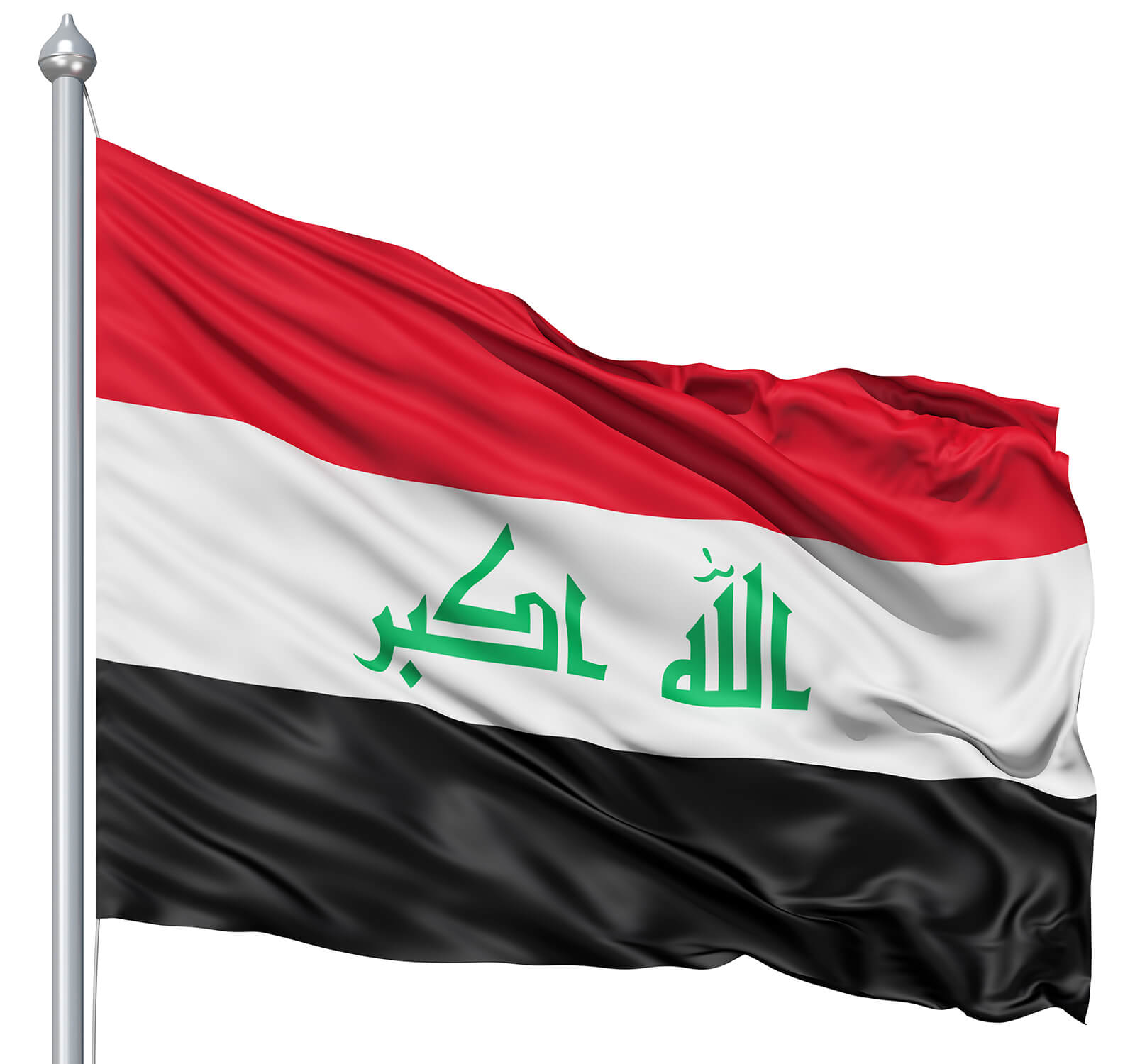
Events are moving swiftly in Iraqi Kurdistan. On September 25, the referendum held by the Kurdistan Regional Government (KRG) in areas it controlled—including the contested city of Kirkuk—showed overwhelming supported for independence. However, the swift takeover of Kirkuk and major oil fields nearby only three weeks later by Iraqi government forces underlined that independence will come at a high price, if it at all.
This represents a sea change. Just a few years ago, the KRG and its economy seemed to be performing reasonably well—certainly when compared to the central government in Baghdad and the rest of Iraq—and its political system looked healthy, with periodic elections and multiparty representation in parliament and the executive. Even when oil prices nosedived in 2014, revealing the region’s structural economic weaknesses and tipping its public finances into full-blown crisis, the de facto territorial incorporation of Kirkuk by the KRG in response to the Islamic State threat reinforced perceptions that independence had come even closer.
KRG President Mas‘oud Barzani is believed to have timed the push for independence before the Islamic State’s defeat made the contribution of Kurdish forces unnecessary, diminishing the KRG’s political leverage with the U.S. and other international coalition members. Seizing the window of opportunity before it closed made sense, but the timing could hardly have been worse. The geopolitical environment was bleak, if not frankly hostile, with looming escalation between the United States and Iran, strife within the Gulf Cooperation Council, Turkey’s increasingly belligerent foreign policy, and sharpening power rivalries in Baghdad. Internally, Kurdish politics are arguably at their worst since the factional armed conflicts of the mid-1990s, reviving the risk of territorial fragmentation and internecine violence.
The Kurdish right to national self-determination and statehood is absolute. But by holding the referendum despite international opposition, not to mention outright rejection by Iraq’s government and at a time when the Kurdish house was in disarray, Barzani was guilty of miss judgment that may set back the Kurdish independence struggle for years.
There is a worrying precedent for such a radical transformation of political fortunes. The Palestinian Authority (PA) in the West Bank and Gaza, too, had reached a level of institutional readiness deemed sufficient for the move to sovereign statehood by 2000, but this was aborted by the outbreak of the second intifada. Whether then-PA president Yasser Arafat deliberately instigated the wave of violence, as Israelis suspected, or opportunistically rode it to improve his bargaining position and shore up flagging domestic legitimacy, as others have argued, the moment for the intifada was hardly opportune. Israelis moved rightwards and elected hardliner Ariel Sharon as prime minister in February 2001. Over the next few years Sharon oversaw the military reoccupation of most of the West Bank and methodically marginalized the PA, functionally and politically.
Significant geopolitical transformations aided this shift. The 9/11 terror attacks enabled Israel to align itself even further with the U.S. in the “global war on terror,” into which the Islamist movement, Hamas, played with a wave of suicide attacks against Israeli civilians. The U.S. invasion of Iraq heightened Arab fears of Iranian hegemony and a supposed “Shi‘a Crescent,” further displacing the Palestinian question in regional concerns. The Israeli-Palestinian peace process continued, but as ritual rather than substance. Palestinian diplomacy has been paralyzed ever since, while the PA breakdown into rival administrations governing the West Bank and Gaza in 2007 further undermined prospects for statehood.
Most damaging, however, was the erosion of the international commitment to Palestinian statehood. In 1999, the European Union had stated that the Palestinian right to national self-determination “including the option of a state” was unqualified, neither “subject to any veto” nor contingent on reaching a negotiated solution with Israel. George W. Bush officially endorsed Palestinian statehood two years later, the first U.S. president to do so, and then sponsored a Security Council resolution confirming this as a United Nations objective in March 2002.
However, in April 2003 the international Quartet on the Middle East backtracked, making statehood contingent on meeting performance targets set out in its “Roadmap for Peace.” Joining the U.S. were the European Union, the UN, and Russia, which had previously supported Palestinian statehood unequivocally. Israel was left determining whether the PA was living up to its security commitments. This effectively handed it veto power over Palestinian independence, even as it continued to colonize the occupied territories, rendering peace talks irrelevant.
The Kurdish case differs from the Palestinian one in key respects. Not least is that the KRG is still viewed as a necessary partner by the U.S. and the EU, and it has not taken up arms against the Iraqi government, whose consent is needed for a peaceful transition to independence. But both Kurds and Palestinians discovered the fragility of international support for statehood when they misjudged the timing and means of putting it to the test.
Barzani and his governing Kurdish Democratic Party (KDP) should not have been surprised by international opposition to the referendum, or that the KRG’s neighbours had considerable leeway to take counter-measures. In going ahead nonetheless, they took the KRG past the crossroads before doing the one thing that it was in their power to do, namely putting the internal Kurdish house in order first.
The challenge is both political and structural. The manner in which the KRG evolved after 2003 reproduced a problematic dependence on oil revenue to build political patronage and social support. This resulted in massively inflated public-sector payrolls, underfunded public infrastructure and investment, and extensive economic cronyism within government and party elites. Rather than bridge partisan and regional divides within Iraqi Kurdistan, this rent-based system entrenched the division between the KDP and its main competitor, the Patriotic Union of Kurdistan (PUK). It also enabled Barzani to retain the presidency without cross-party consent after August 2015 and disregard parliament.
A sensible strategy would have seen Barzani and the KDP pursue reconciliation with the PUK and the other main parties, Gorran and the Kurdistan Islamic Union, well before launching any bid for independence. The fact that they did not do so lends credence to the argument that Barzani tabled the referendum mainly to gain domestic political advantage over his rivals. Serious flaws in the organization and conduct of the referendum itself reinforced this perception.
In taking this path, Barzani and the KDP denied themselves the united internal front needed to withstand the external financial and economic pressures the KRG would inevitably face. Even before the latest crisis, the KRG, which accounts for more than 50 per cent of employment in its region, depended on transfers from Baghdad for 85 per cent of its budget, as Iraqi economist Walid Khadduri has noted. By then it was already $20 billion in debt and had been able to pay only partial salaries to the Peshmerga and civil servants for the past two years. With the central government retaking the Kirkuk oilfields that provided half of the KRG’s domestically-generated revenues and Turkey threatening to close the border to its oil exports, the KRG will be even harder pressed to maintain political cohesion at home.
Seen in this light, Barzani’s announcement that parliamentary and presidential elections will be held on November 1 was hardly a credible olive branch to the other Kurdish parties. The fact that he and the KDP subsequently blamed the PUK for the almost bloodless fall of Kirkuk to Iraqi government forces only deepened mutual distrust. Elections certainly will not be held. But far more troubling is that the attempt to evade responsibility for the course of events sets the stage for further hardening, literally, of the informal border between areas controlled by the KDP and PUK, and opens the way for external military intervention in Kurdish areas. Nor will the KDP escape unscathed, given its increasing internal fractures, as the International Crisis Group pointed out recently.
Hours after government forces took control of Kirkuk, Iraqi Prime Minister Haidar al-Abadi called for a “national partnership” with the KRG based on the constitution of 2005. Accepting this would represent a serious climb-down for the KRG, at least compared to the exaggerated hopes generated by the referendum.
Similarly, the Kurds are understandably reluctant to again depend on the internal politics of the Iraqi government leading to a good-faith implementation of the constitution’s provisions for resolving Kirkuk’s status. Virtually every proposal has envisaged either joint administration of Kirkuk and its oil with Baghdad or a territorial demarcation that falls considerably short of what Barzani, the KDP, and many Kurds seek. Nor is it at all certain that the KRG could attain sovereign statehood even if the Kirkuk dispute were resolved, whether as a fully independent country or within an Iraqi confederation.
Barzani led the KRG to the crossroads with his referendum, and has already taken a fork. So, although his gambit may finally kick start substantive negotiations, the costs of his political expediency will be high.
Note: This article was originally published in Carnegie Middle East Centre, Beirut and has been reproduced under arrangement.
As part of its editorial policy, the MEI@ND standardizes spelling and date formats to make the text uniformly accessible and stylistically consistent. The views expressed here are those of the author and do not necessarily reflect the views/positions of the MEI@ND. Editor, MEI@ND: P R Kumaraswamy

Dr. Yezid Sayigh, Senior Associate, Carnegie Middle East Center, Beirut and a member of the International Advisory Board of MEI@ND. Email: ysayigh@carnegie-mec.org
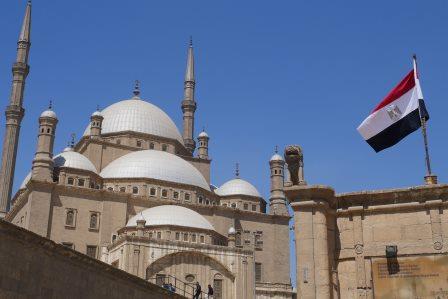
The Egyptian military has come to control a vast economic portfolio since Abdel Fattah el-Sisi becam.....
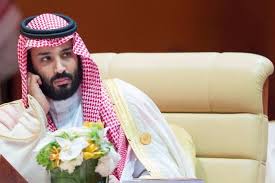
Speculation continues that Saudi Arabia’s Crown Prince Mohammed bin Salman may be forced from .....
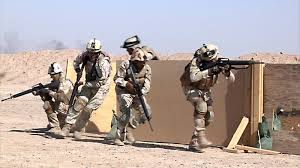
Defence sectors in several Arab countries have undergone significant transformation as a result of t.....
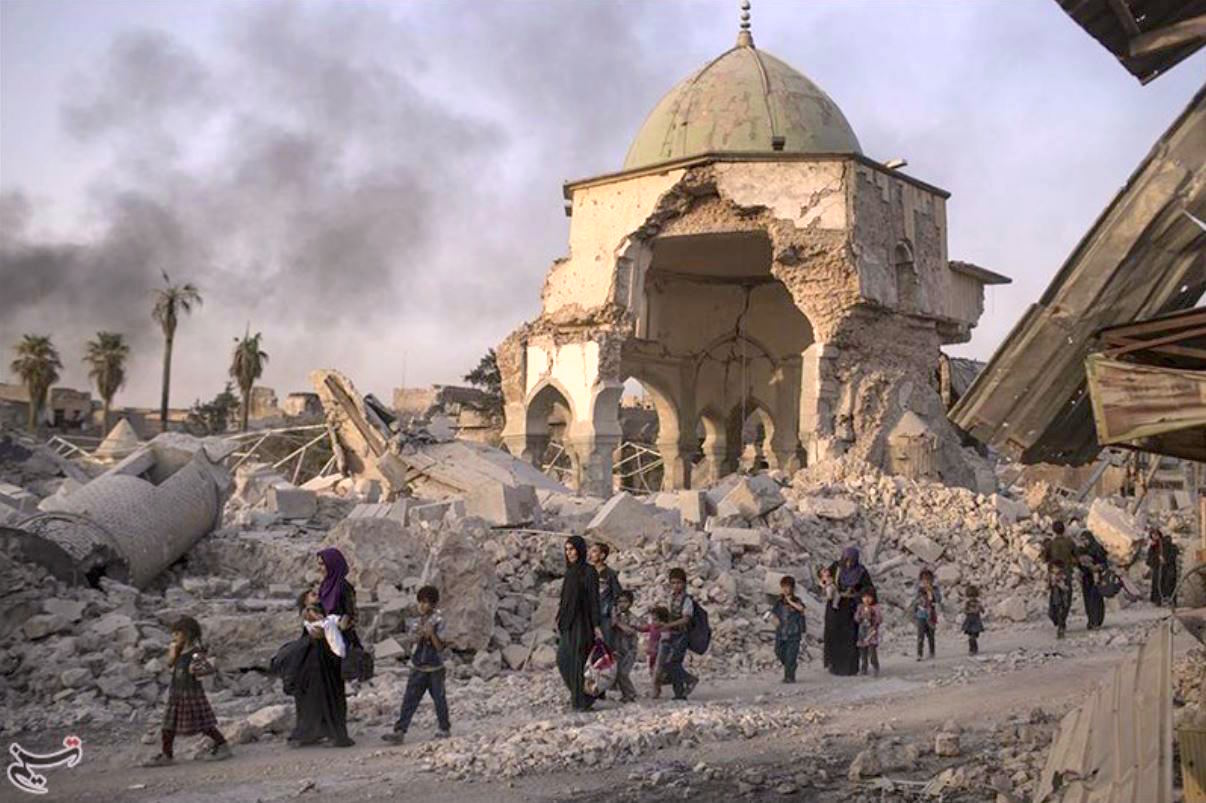
The liberation on November 17 of Rawa, the last significant Iraqi town held by the Islamic State, pr.....
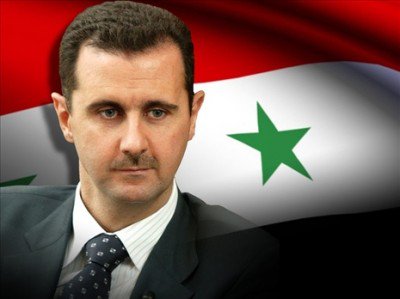
For months, analysts of the Syrian conflict have spoken of a “race” for the province of .....
